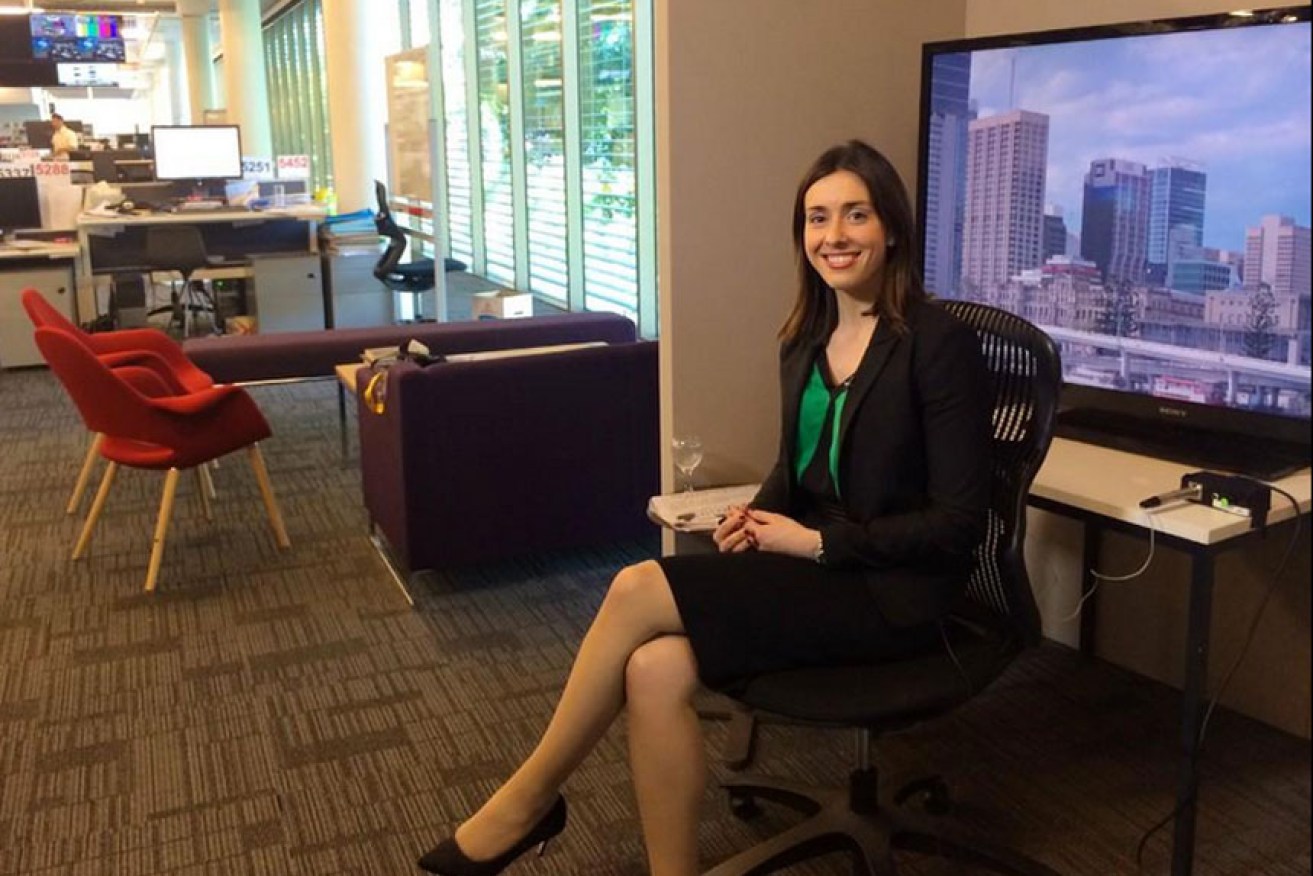Gen Y could be the first generation in modern history to enjoy a lower standard of living than their parents because of an increasing burden of debt and disadvantage, a prominent young Australian warns.
Holly Ransom, the 24-year-old co-chair of the G20 youth summit, tells The New Daily that young Australians are being held back from their full potential by “the enormous problem” of youth unemployment and the exploding costs of living and education.
The issue has come to the fore as the result of strong campaigning by Ms Ransom, who on Saturday will attend G20 events with world leaders including Prime Minister Tony Abbott and US President Barack Obama to raise awareness of its severity.
• Frances Abbott still does not get it
• Is the Australian ‘fair go’ dead in 2014?
• How women can rescue their retirement
In every G20 country, youth unemployment is two to three times the adult unemployment rate. In Australia, youth unemployment rate reached a 12-year high in July of 14.1 per cent.

Holly Ransom. Photo: Twitter
The Foundation for Young Australians estimates that nearly 450,000 young Aussies are not engaged in study or work, more than 500,000 live in disadvantage or poverty, and more than 35,000 are in out-of-home care.
Rising debt levels and the cost of education and vocational training are preventing many young people from escaping poverty.
Opposition Leader Bill Shorten tells The New Daily that the government’s proposed university reforms will only add to the growing problem.
“Every student deserves the opportunity to fulfil their potential,” Mr Shorten says.
“Going to university should depend on hard work and good marks, not your parents’ bank account. $100,000 degrees will put a university education out of reach of many low and middle income families.”
But Education Minister Christopher Pyne says claims of huge increases to uni fees are “completely unfounded”.
“Higher education institutions that charge too much will have empty classes,” Mr Pyne says.
Ms Ransom maintains the rising cost of getting a university degree or TAFE course is putting education “out of their reach”.
“If the degrees and qualifications are going up even further, should I be bothering to think about further study?” she says, repeating the concerns shared in her travels across the country.
Ms Ransom recently graduated from a double degree in law and economics, and now has a “huge debt”. Many of her fellow students now have “a piece of paper”, but cannot find employment, she says.
“I’m fortunate to be in a position with my own business that I’ll chip away [at my HECS debt], but we need to make sure that every Australian is able to get the skills, tools, and education that’s able to set them up for success because ultimately that’s correlated with our country’s success,” she says.
Average bachelor degrees currently cost between $15,000 and $33,000. As The New Daily has reported previously, a university student who studies two bachelor degrees can accrue upwards of $40,000 in student debt.
The University of Western Australia, where Ms Ransom studied, revealed in September that it intends to increase the annual fee of its five basic undergrad courses to $16,000 if the Abbott government’s proposed changes to higher education are legislated, according to a report in The Australian.
This would bring the cost of a four-year bachelor degree to $64,000 – a fee that UWA deputy vice-chancellor Alec Cameron reportedly said was “probably where an undergraduate degree would end up at a leading university”.
The Abbott government wants to deregulate tertiary fees so that universities can charge whatever they like, and also charge up to 6 per cent interest each year on student loans.

Changes to social policy are worrying young Australians and social groups alike. Photo: Shutterstock
Deregulated fees will in fact result in 80,000 more tertiary students receiving Commonwealth support by 2018, and $1 in every $5 in extra fees must go to new scholarships for disadvantaged students, according to Mr Pyne.
Student loans are certainly not the only source of debt. Research provided to The New Daily by ME Bank reveals that 42 per cent of students increased their total levels of personal debt in the last financial year, up from 24 per cent in the financial year before.
In August, comparison website RateCity reported that Generation Y is struggling with higher levels of credit card debt. The consumer study found that young Australians under the age of 24 have between $10,000 and $30,000 of personal debt, not including home loans.
Young people who cannot find a job may soon struggle to obtain unemployment benefits as well.
Anglicare Sydney spokesperson Sue King tells The New Daily that her organisation has “significant concerns” about changes to unemployment benefits that could force young people to wait months before accessing Newstart.
“Without this safety net, young people lacking in family or social support will be at significant risk of homelessness and alienation from the community,” Ms King says.
Industry Super Australia senior economist Matt Saunders tells The New Daily these trends are driven in part by a financial system more interested in investing in the housing market than in Australian businesses, which is stoking the housing price bubble while doing little to grow the real economy.
“A financial system more focused on investing in the real economy would go a long way to increasing secure job opportunities for Gen Y, boosting incomes for all Australians and take some heat out of the housing market,” Mr Saunders says.
To date, Australia’s ageing population has dominated the national conversation — something Holly Ransom says must change.
“We need to have a conversation about our nation’s future that involves all generations at the table,” she says.









